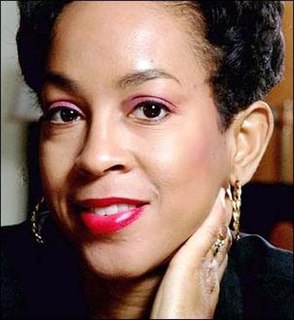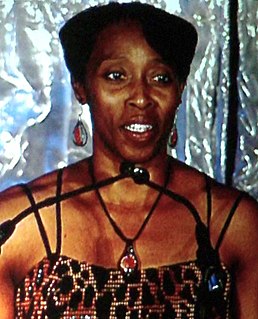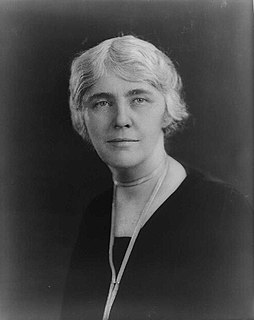A Quote by Rosalynn Carter
Early diagnosis is so important because the earlier a mental illness can be detected, diagnosed and treatment can begin, the better off that person can be for the rest of his or her life.
Related Quotes
Once my loved one accepted the diagnosis, healing began for the entire family, but it took too long. It took years. Can't we, as a nation, begin to speed up that process? We need a national campaign to destigmatize mental illness, especially one targeted toward African Americans. The message must go on billboards and in radio and TV public service announcements. It must be preached from pulpits and discussed in community forums. It's not shameful to have a mental illness. Get treatment. Recovery is possible.
The very term ['mental disease'] is nonsensical, a semantic mistake. The two words cannot go together except metaphorically; you can no more have a mental 'disease' than you can have a purple idea or a wise space". Similarly, there can no more be a "mental illness" than there can be a "moral illness." The words "mental" and "illness" do not go together logically. Mental "illness" does not exist, and neither does mental "health." These terms indicate only approval or disapproval of some aspect of a person's mentality (thinking, emotions, or behavior).
My mother struggled immensely with mental illness, and so did I. She grew up bipolar, but it was never diagnosed nor recognized. It was shrugged off like a 'symptom' of being female - of her being weak. I also experienced this growing up: I felt that the great pain I experienced was a dramatisation.
Like Sylvia Plath, Natalie Jeanne Champagne invites you so close to the pain and agony of her life of mental illness and addiction, which leaves you gasping from shock and laughing moments later: this is both the beauty and unique nature of her storytelling. With brilliance and courage, the author's brave and candid chronicle travels where no other memoir about mental illness and addiction has gone before. The Third Sunrise is an incredible triumph and Natalie Jeanne Champagne is without a doubt the most important new voice in this genre.
People with what we call mental illness can indeed serve well, and people who have no discernible mental illness - and that may be true of Trump - may not be able to serve, may be quite unfit. So it isn't always the question of a psychiatric diagnosis. It's really a question of what psychological and other traits render one unfit or dangerous.
































